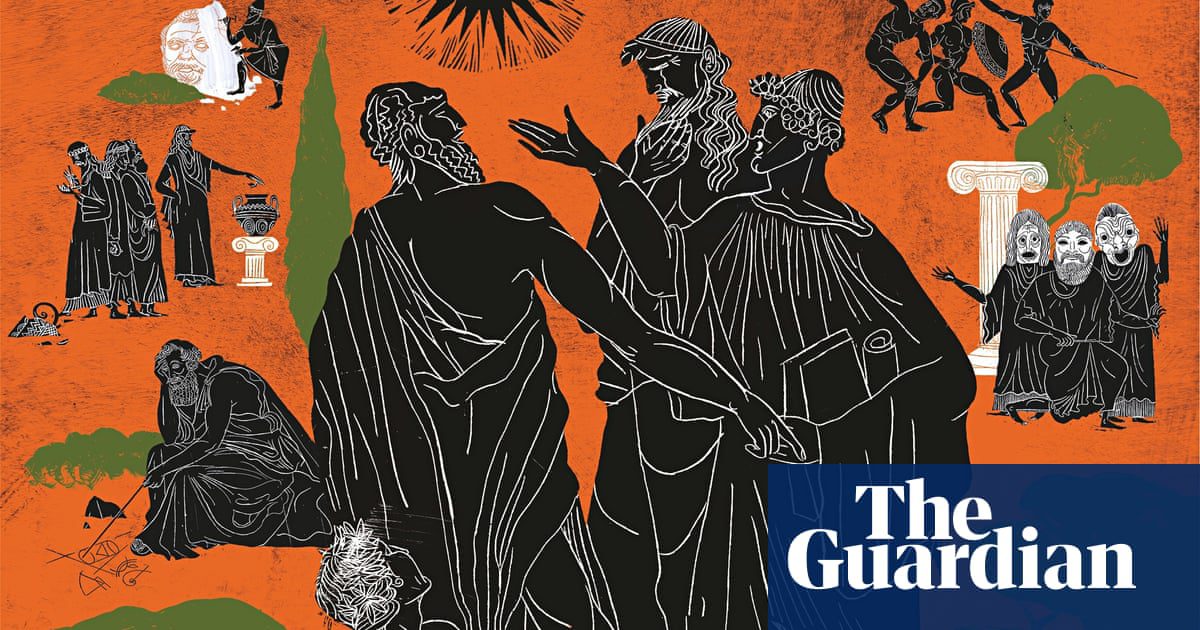This article compares and contrasts Ancient Greece and Ancient Egypt, two of the most famous cultures in the ancient world. Differences in geography and location influenced their culture, politics, and way of life. Ancient Greece was known for being the birthplace of democracy, while Ancient Egypt was ruled by pharaohs who had absolute power and were considered divine. Religion played a significant role in both civilizations, and both were known for their art and architecture. Education and philosophy were highly valued in Ancient Greece and the Ancient Egyptians had a well-developed system of education designed to prepare them for their roles in society.
Ancient Greece vs. Ancient Egypt: A Comparison of Two Rich and Diverse Cultures
Introduction
Ancient Greece and Ancient Egypt are two of the most famous cultures in the ancient world. Both have contributed significantly to the development of civilization as we know it now. In this article, we will compare and contrast two of the world’s greatest civilizations, their similarities, and differences.
Geography and Location
Ancient Greece and Ancient Egypt were located in different parts of the world. Ancient Greece was located in Europe along the Mediterranean Sea, whereas Ancient Egypt was located in North Africa along the Nile River.
The geography and location of both civilizations influenced their culture, politics, and way of life. The Greeks had limited agricultural land, and as a result, they turned to the sea for trade and commerce. The Egyptians were mostly agricultural society, and the Nile River served as the lifeline that provided for their daily needs.
Political Systems
The political systems of Ancient Greece and Ancient Egypt were quite different. Ancient Greece was known for being the birthplace of democracy, with rulers chosen through a voting process. In contrast, Ancient Egypt was ruled by pharaohs who had absolute power and were considered divine.
In Greece, the city-state of Athens was the birthplace of democracy, where citizens had the right to vote on important decisions. On the other hand, Ancient Egypt had a centralized government, with the pharaoh as the ultimate authority.
Religion and Beliefs
Religion played a significant role in the lives of both Ancient Greeks and Ancient Egyptians. The Greeks were polytheistic, and their gods and goddesses had human-like characteristics. Ancient Egypt was also polytheistic, with gods and goddesses that represented various aspects of nature and life.
The Ancient Greeks believed in an afterlife, where the soul would be judged by the gods. The Egyptians believed in mummification and the preservation of the body for the afterlife. Both civilizations had elaborate funeral ceremonies to honor the deceased.
Art and Architecture
Both the Ancient Greeks and Ancient Egyptians were known for their art and architecture. The Greeks were known for their mastery of marble sculptures, with famous works such as the Parthenon and the Venus de Milo. The Greeks also developed the classical order of architecture, which influenced buildings across the world.
The Egyptians, on the other hand, were famous for their hieroglyphics and the development of the papyrus paper. They also built the pyramids and temples, which are still marvels of engineering and architecture today.
Education and Philosophy
Education and philosophy were highly valued in Ancient Greece. The Greeks introduced the concept of the academy, where students would learn from renowned scholars such as Socrates, Plato, and Aristotle. Philosophy formed the basis of human thought, and Ancient Greek philosophers played a significant role in shaping Western thought.
The Ancient Egyptians also had a well-developed system of education, where children learned reading, writing, and math. The education system was designed to prepare them for their roles in society, with different courses for artisans, scribes, and priests.
Conclusion
In conclusion, Ancient Greece and Ancient Egypt were two rich and diverse cultures that have made significant contributions to the world we live in today. Although they had several significant differences, such as in their political systems and religion and beliefs, they shared similar values and love for art and education. Understanding their differences and similarities helps us learn more about history and the rich cultural heritage of the world.
